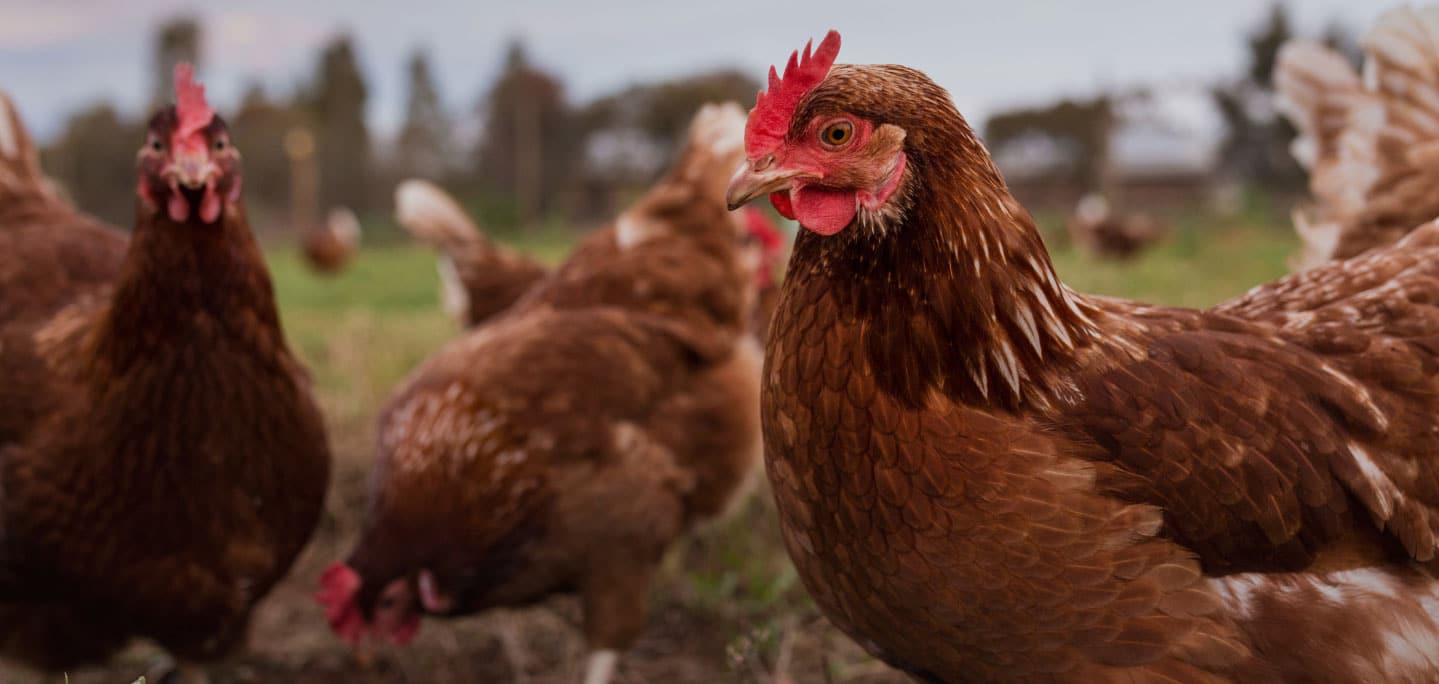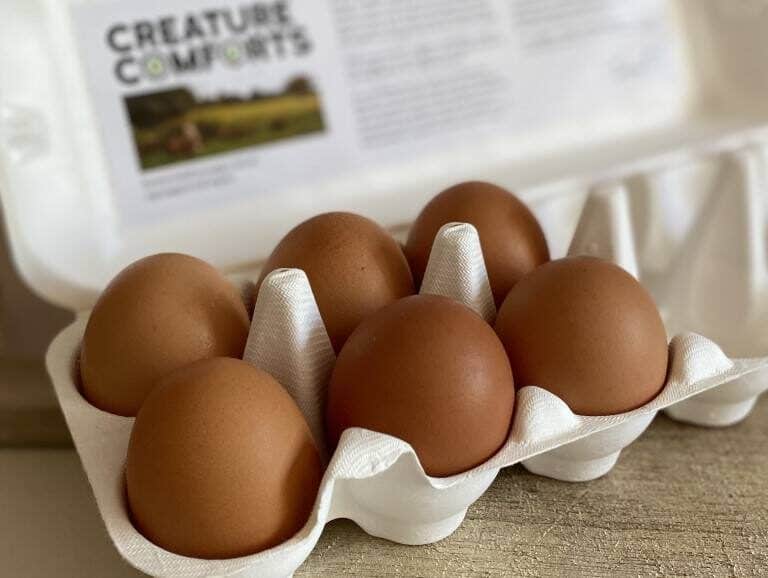
Certified Products
When you see the RSPCA Approved logo you can be confident that these products have come from farms that prioritise animal welfare. Use the chicken, pork, eggs, turkey and pet food tabs below to find out what brands have RSPCA Approved products.
Chicken

Chicken
Meat chickens reared by Producers with RSPCA Approved certification are encouraged to be active. They enjoy good lighting, perches, dry litter floor covering and enough space to move. Our standard allows for indoor and outdoor systems that meet the needs of the birds.
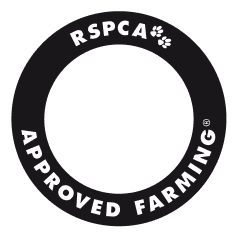
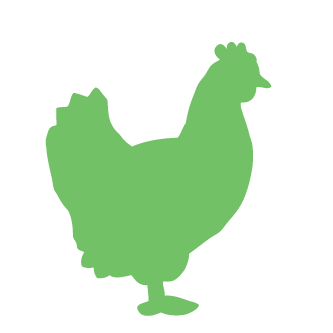
RSPCA Approved Chicken Products
-

7-Eleven
Learn More -
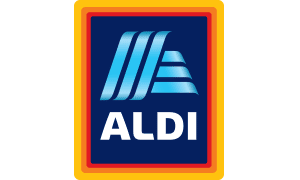
ALDI Chicken
Learn More -
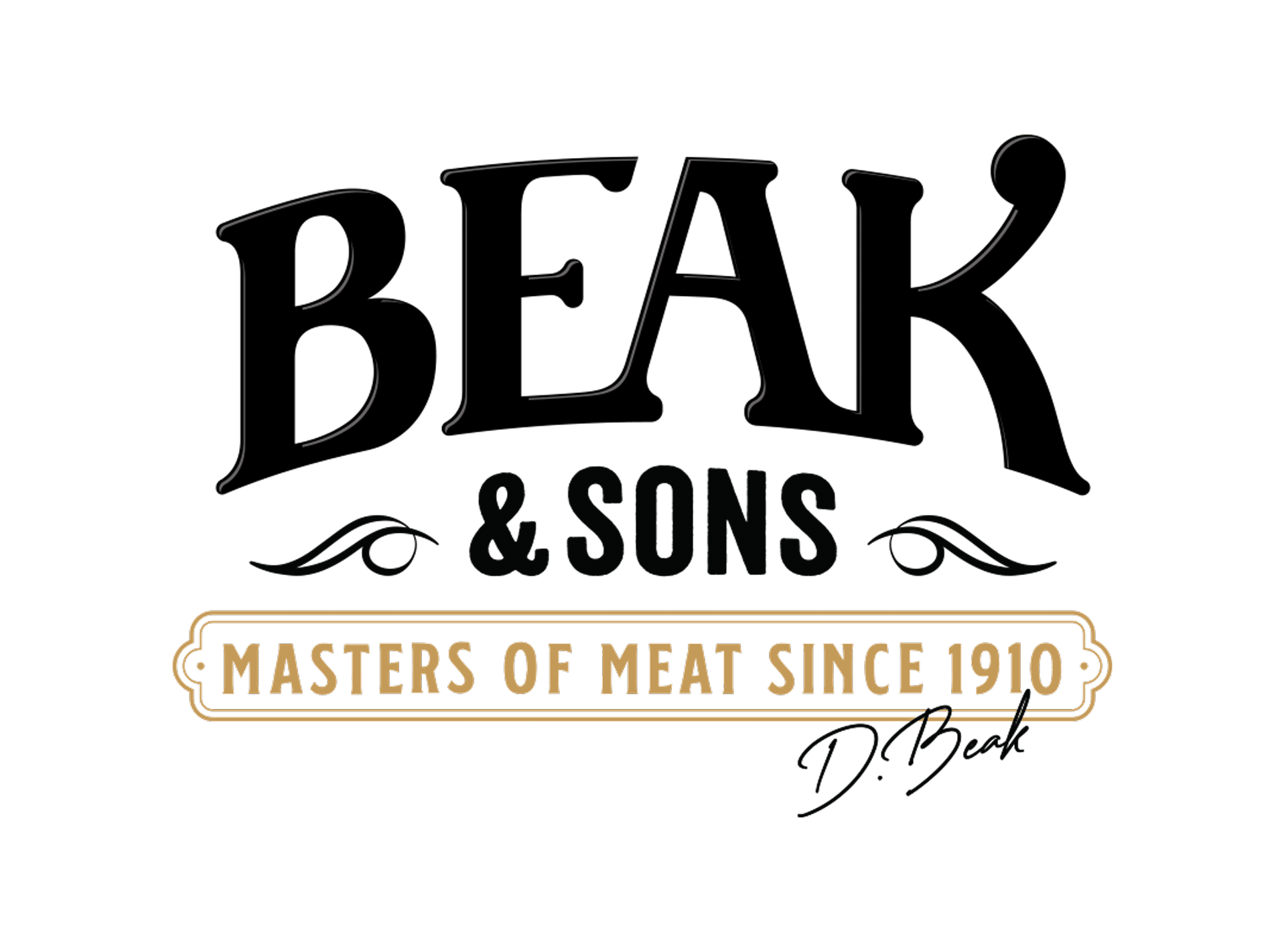
Beak & Sons
Learn More -
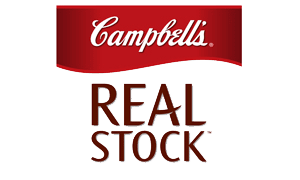
Campbell’s Real Stock
Learn More -

Coles Chicken
Learn More -

Coles Finest Free Range Turkey
Learn More -

Coles Free Range Chicken
Learn More -

Compass Group
Learn More -
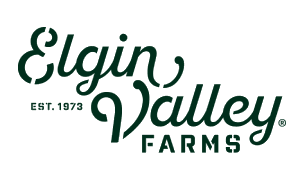
Elgin Valley Farms – Farmers Choice
Learn More -

Elgin Valley Farms – Free Range
Learn More -
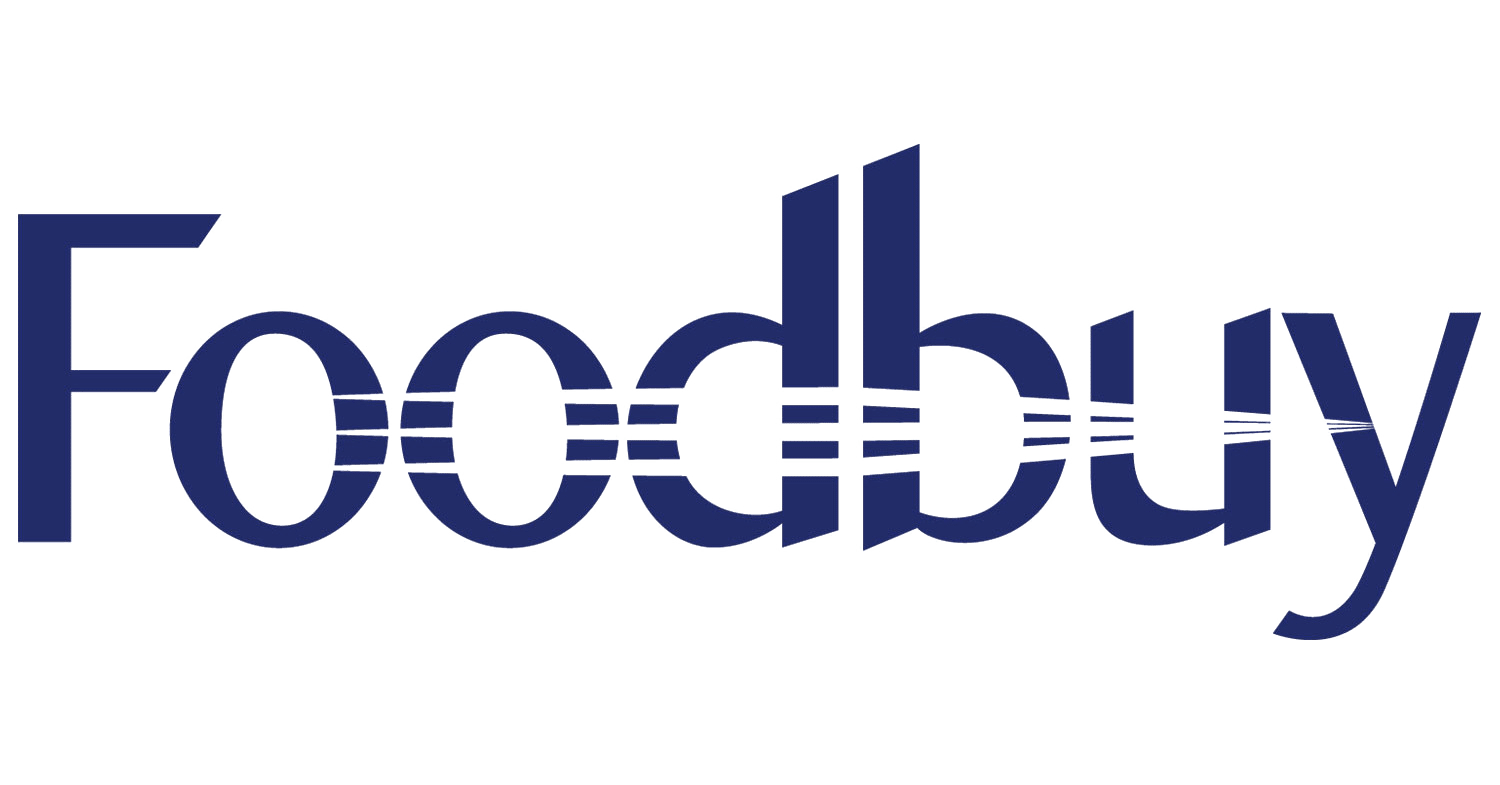
Foodbuy
Learn More -
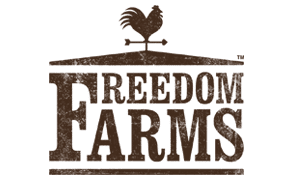
Freedom Farms
Learn More -
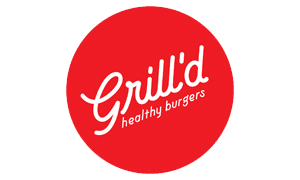
Grill’d Healthy Burgers
Learn More -
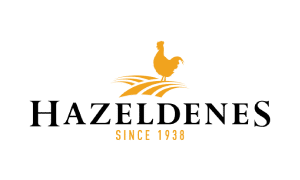
Hazeldenes Chicken
Learn More -

Hazeldenes Free Range Chicken
Learn More -
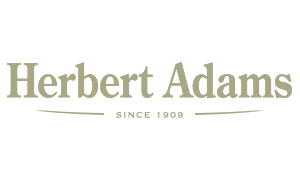
Herbert Adams
Learn More -
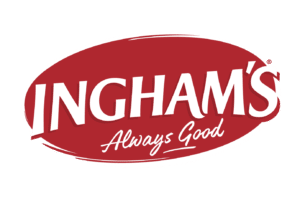
Ingham’s
Learn More -
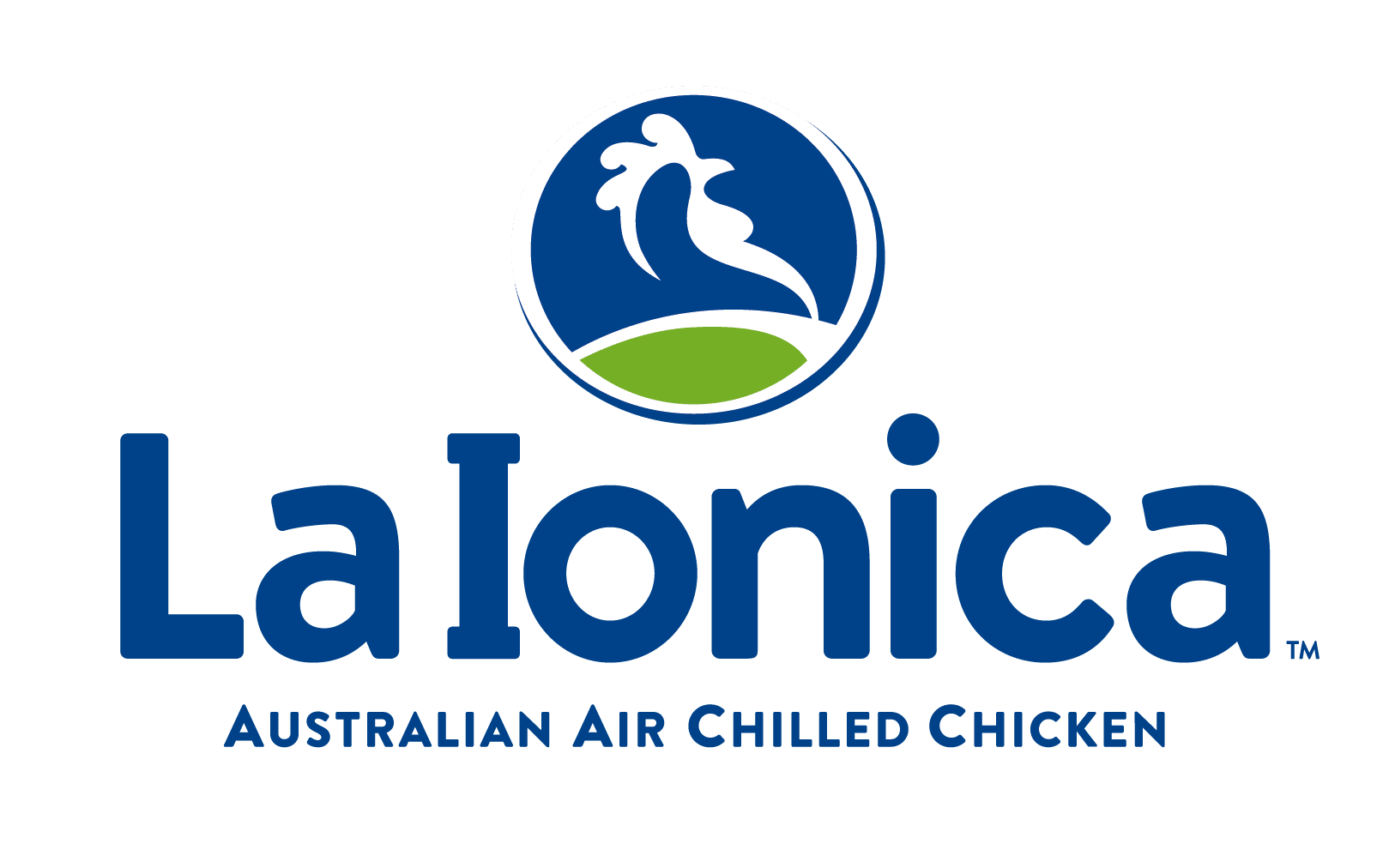
La Ionica
Learn More -
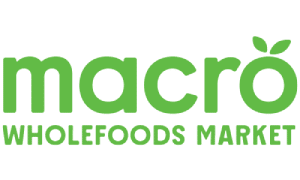
Macro Free Range Chicken
Learn More -

Marion Bay
Learn More -

McDonald’s
Learn More -
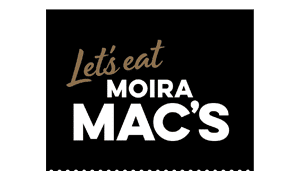
Moira Mac’s
Learn More -
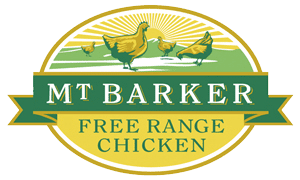
Mt Barker Free Range Chicken
Learn More -
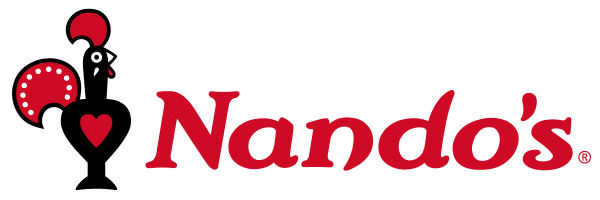
Nando’s
Learn More -
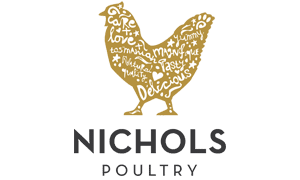
Nichols Poultry
Learn More -

Oporto
Learn More -
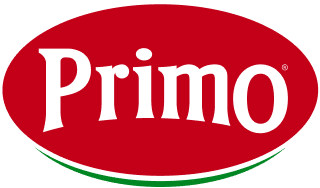
Primo Reserve
Learn More -

Schnitz
Learn More -
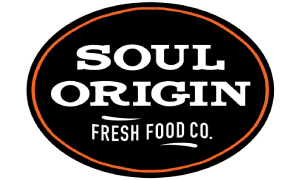
Soul Origin
Learn More -
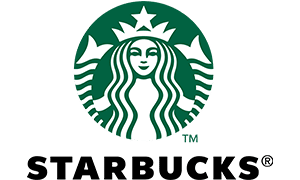
Starbucks
Learn More -
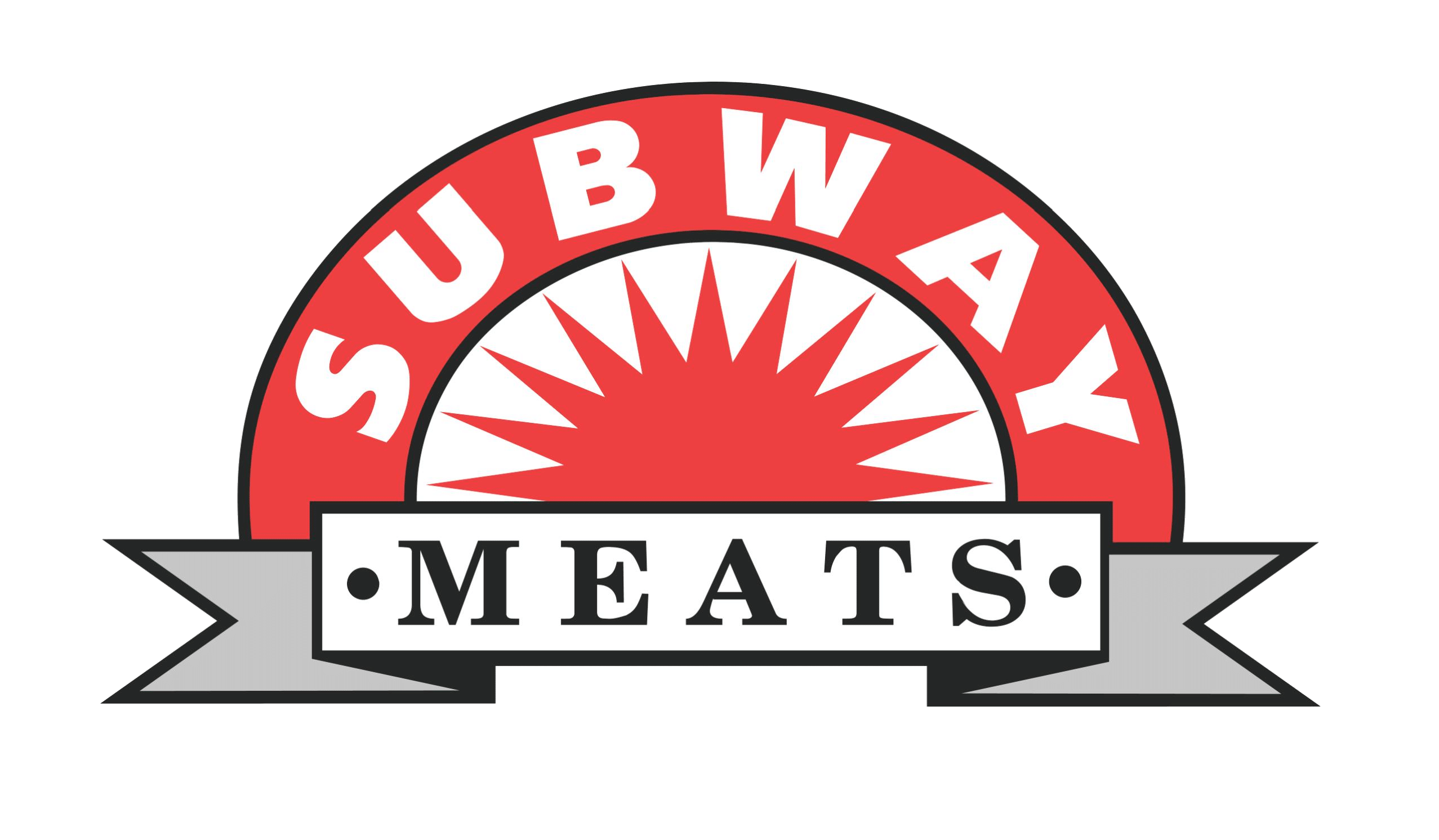
Subway Meats
Learn More -

TGI Fridays
Learn More -

The Bare Bird
Learn More -
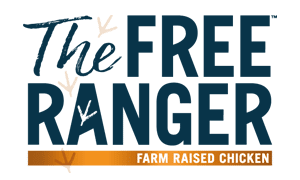
The Free Ranger
Learn More -
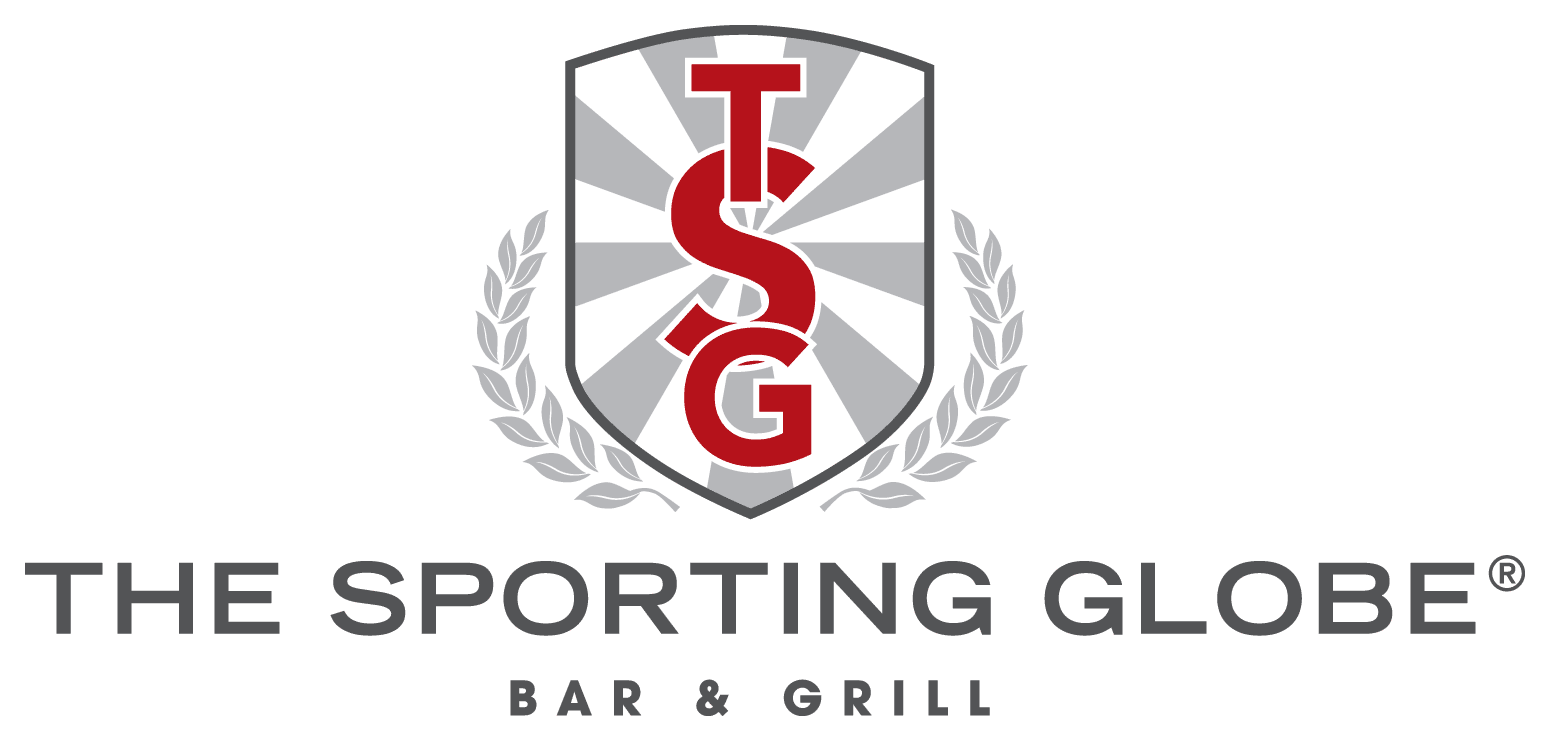
The Sporting Globe
Learn More -

Woolworths Chicken
Learn More -

Zambrero
Learn More -

Zeus Street Greek
Learn More
Pork
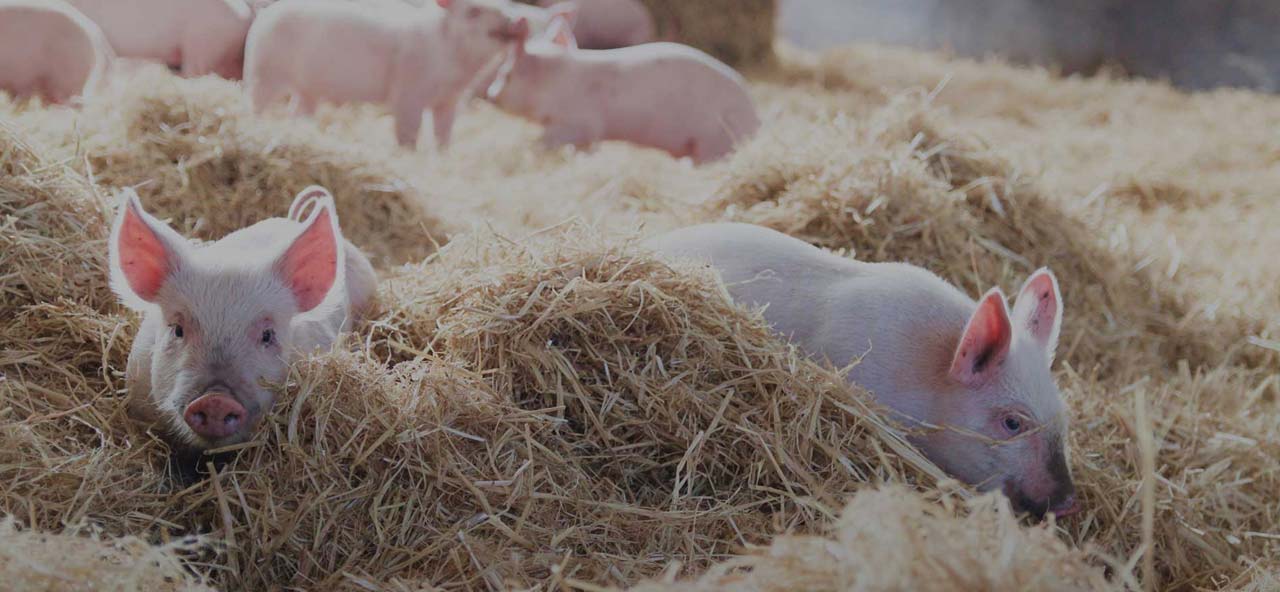
Pork
There’s always a focus on providing for the pig’s wellbeing at farms certified to the RSPCA’s standard for pigs. RSPCA Approved pork comes from pigs raised in an enriched environment with space to move, forage, socialise and explore.


RSPCA Approved Pork Products
Eggs
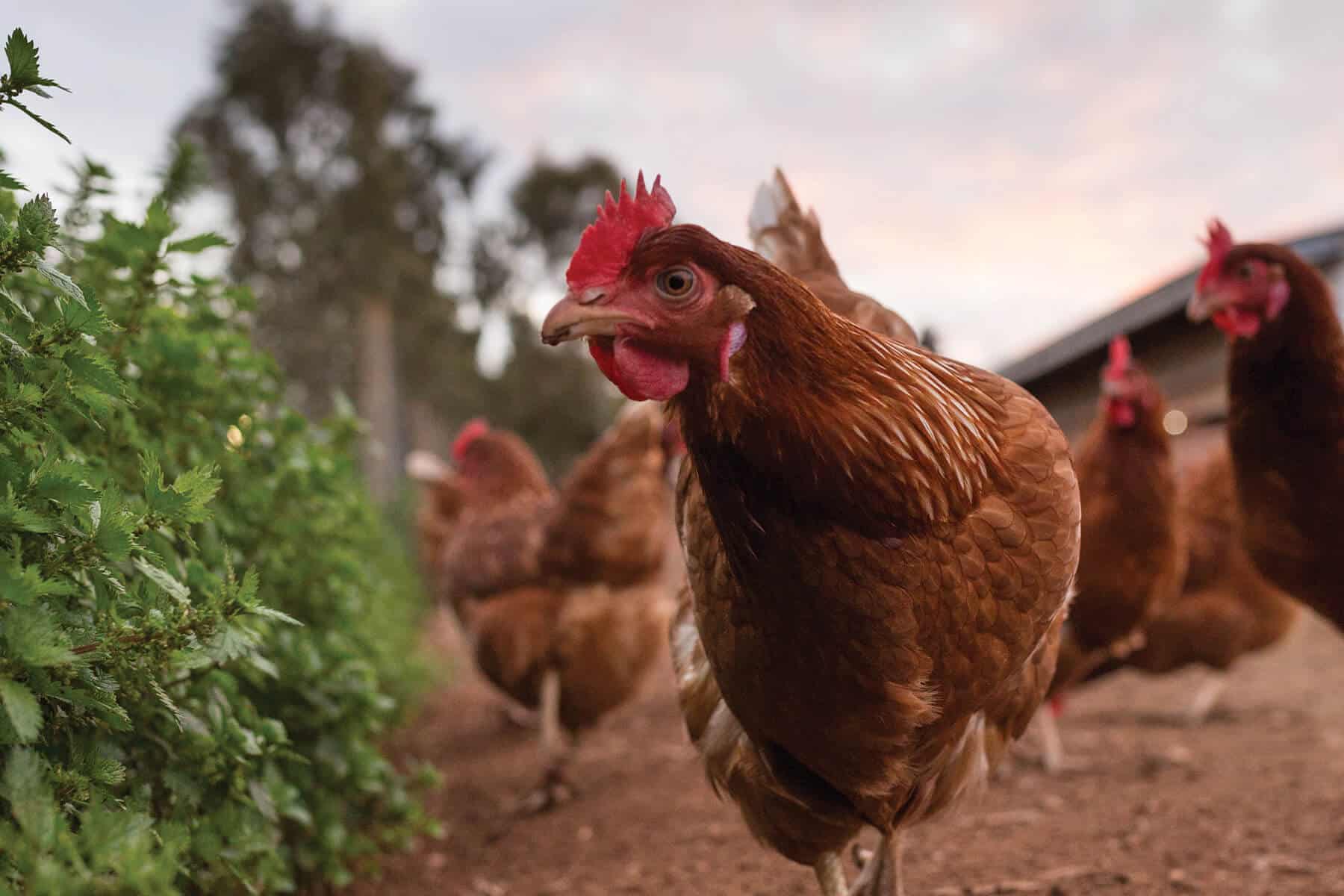
Eggs
Whether raised in an enriched indoor shed or with access to the outdoors, there’s always a focus on providing for the hen’s wellbeing at farms certified to the RSPCA’s standard. RSPCA Approved eggs come from birds with space to move, good lighting, perches, nests and dry litter to scratch and dust bathe.


RSPCA Approved Egg Products
Turkey
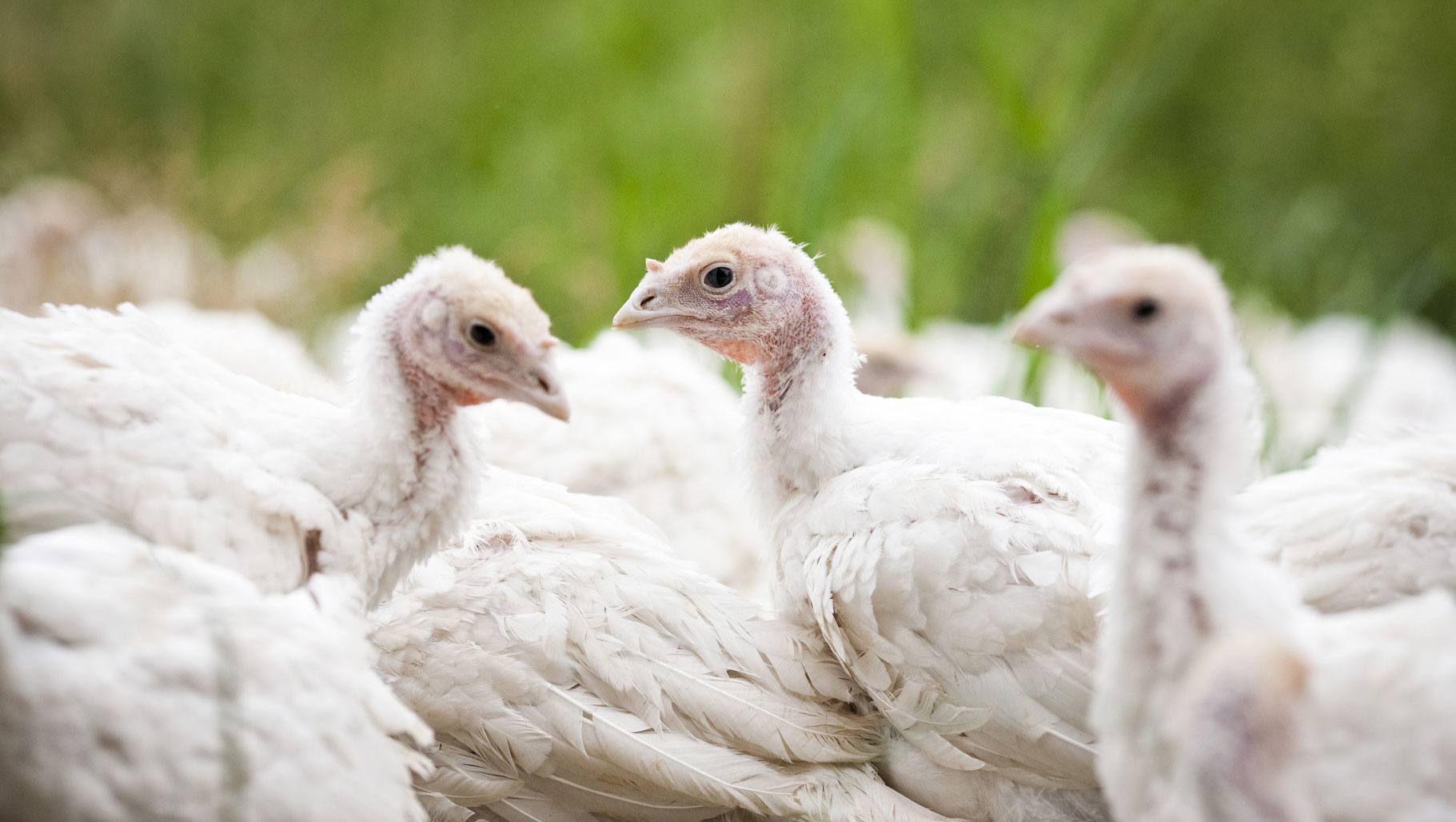
Turkey
Turkeys reared by Producers with RSPCA Approved certification encouraged to be active. They enjoy good lighting, perches, dry litter floor covering and enough space to move. Our standard allows for indoor and outdoor systems that meet the needs of the birds.


RSPCA Approved Turkey Products
-

7-Eleven
Learn More -

ALDI Chicken
Learn More -

ALDI Turkey
Learn More -

Beak & Sons
Learn More -

Campbell’s Real Stock
Learn More -

Coles Chicken
Learn More -

Coles Finest Free Range Turkey
Learn More -

Coles Free Range Chicken
Learn More -

Coles Free Range Pork
Learn More -

Coles Turkey
Learn More -

Compass Group
Learn More -

Elgin Valley Farms – Farmers Choice
Learn More -

Elgin Valley Farms – Free Range
Learn More -

Foodbuy
Learn More -

Freedom Farms
Learn More -

Grill’d Healthy Burgers
Learn More -

Hazeldenes Chicken
Learn More -

Hazeldenes Free Range Chicken
Learn More -

Herbert Adams
Learn More -

Ingham’s
Learn More -

La Ionica
Learn More -

Macro Free Range Chicken
Learn More -

Marion Bay
Learn More -

McDonald’s
Learn More -

Moira Mac’s
Learn More -

Mt Barker Free Range Chicken
Learn More -

Nando’s
Learn More -

Nichols Poultry
Learn More -
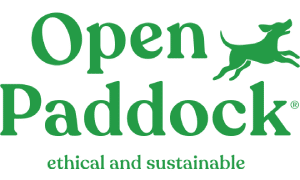
Open Paddock
Learn More -

Oporto
Learn More -

Primo Reserve
Learn More -
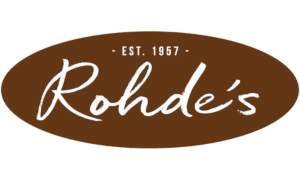
Rohde’s Free Range Eggs
Learn More -

Schnitz
Learn More -

Soul Origin
Learn More -

Starbucks
Learn More -

Subway Meats
Learn More -

TGI Fridays
Learn More -

The Bare Bird
Learn More -

The Free Ranger
Learn More -

The Sporting Globe
Learn More -

Woolworths Chicken
Learn More -

Woolworths Turkey
Learn More -

Zambrero
Learn More -

Zeus Street Greek
Learn More
Salmon
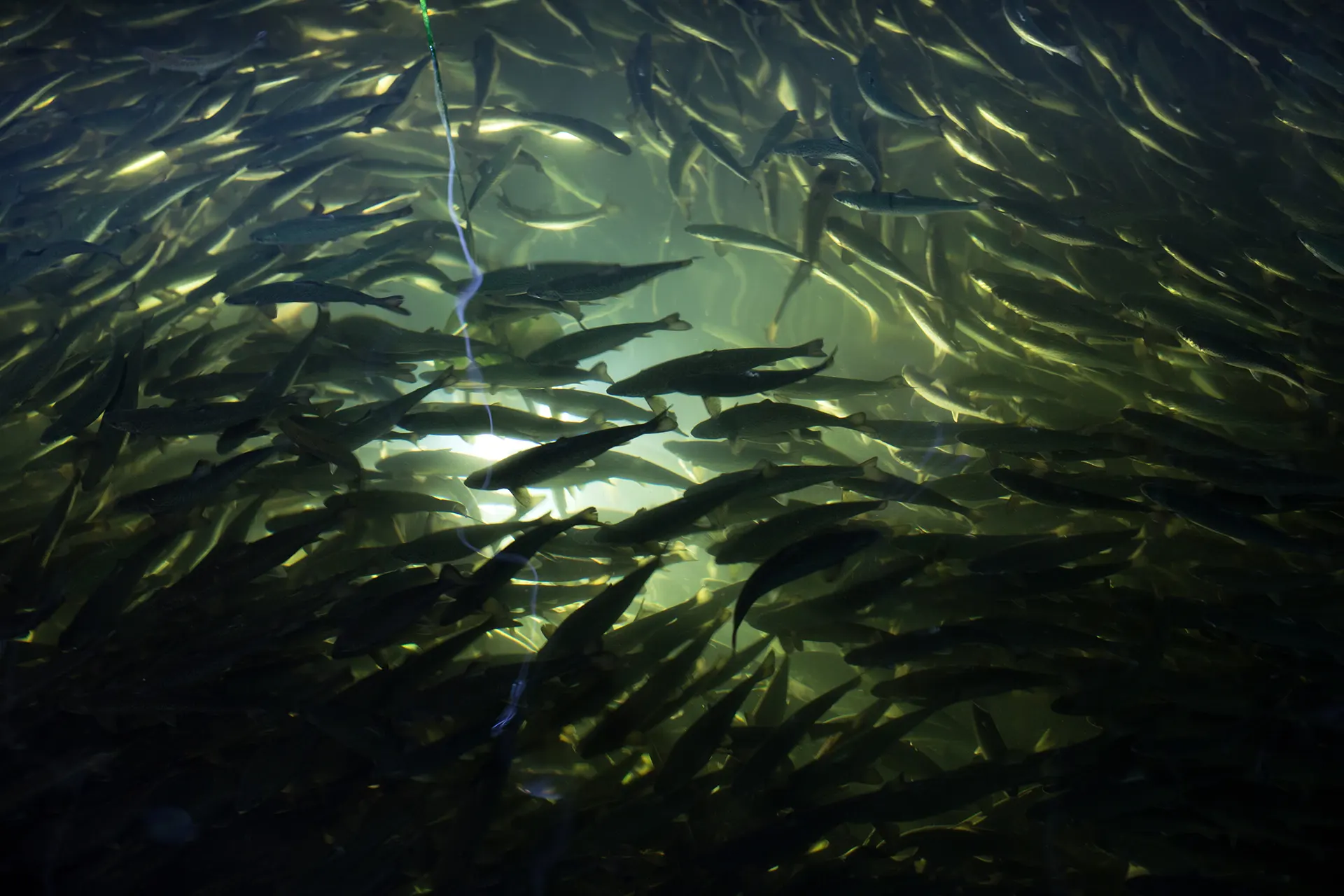
Salmon
The RSPCA Approved Standard for farmed Atlantic salmon focuses on providing a well-managed environment with clean, oxygen-rich water with plenty of space for swimming, protection from predators and handling in a low-stress manner.
If you would like to buy higher-welfare salmon from your favourite brand, please get in touch with them and let them know that animal welfare is important to you, and you’d like to see them achieve RSPCA Approved certification.


Dairy Beef & Veal

Dairy Beef & Veal
The RSPCA Approved Standard for Non-replacement Dairy Calves focuses on providing a well-managed environment for better calf welfare, and providing a market for calves that would otherwise be an unwanted by-product of the dairy industry.
If you would like to buy higher welfare veal or beef from your favourite brand, please get in touch with them and let them know that animal welfare is important to you, and you’d like to see them achieve RSPCA Approved certification.


Pet Food

Pet Food
Pet food brands sourcing RSPCA Approved ingredients for their products, are recognising that farm animal welfare is important and are part of a growing movement of brands committed to sourcing responsibly.
RSPCA Approved Pet Food Products
What this means for animals
-
Meat Chickens
Learn MoreChickens on farms with RSPCA Approved certification have space to move, good lighting and quality litter floor covering. Encouraged to be active, birds can perch, dust bathe, peck and forage.
- Good indoor environment (because even free-range chickens spend most of their time indoors).
- Brighter lighting during the day encourages chickens to be active and move about, while periods of complete darkness at night allow them to rest properly.
- Perches and interesting objects to play with and peck at encourages activity and helps chickens build stronger muscles and bones.
- Quality, well managed litter for chickens to scratch, peck and dust bathe and improves their leg and foot health.
-
Pigs
Learn MorePigs on farms with RSPCA Approved certification have room to roam, forage, explore. They also have access to straw bedding for a comfortable, dry area to rest.
- Secluded places with quality bedding give sows a comfortable place to rest and build a nest for their young.
- Space to move freely, so sows can forage, socialise, and wallow.
- Sheltered housing with quality bedding gives weaned piglets a dry area to rest, play and maintain a comfortable temperature.
- No painful husbandry procedures, such as teeth clipping, tail docking and surgical castration.
- Pigs are not kept in cages or crates of any kind.
-
Layer Hens
Learn MoreHens on farms with RSPCA Approved certification have space to move. Birds can perch, dust bathe, forage and lay their eggs in secluded a nest.
- Safe and enclosed nests for hens to lay their eggs.
- Perches to help hens feel safe and allow them to rest properly.
- Quality, well managed litter for hens to scratch, peck and dust bathe to clean and maintain their feathers.
- Space to move, stretch and flap their wings so hens can socialise with other hens and build stronger bones and muscles.
- Hens are not kept in cages of any kind.
-
Turkeys
Learn MoreTurkeys on farms with RSPCA Approved certification have space to move, good lighting and quality litter floor covering. Encouraged to be active, birds can perch, dust bathe, peck and forage.
- Brighter lighting during the day encourages turkeys to be active and move about, while period of complete darkness at night allow them to rest properly.
- Perches and interesting objects to play with and peck encourages activity which helps turkeys build stronger muscles and bones.
- Quality, well managed litter for turkeys to scratch, peck and dust bathe and improves their leg and foot health.
- No painful husbandry procedures, such as toe trimming.
-
Salmon
Learn MoreSalmon on farms with RSPCA Approved certification have space to swim effortlessly, can school with other fish, are handled in a low-stress manner and slaughtered humanely.
- Good management and husbandry help protect salmon from injury and disease.
- Good stockpersonship with a focus on low-stress handling and animal welfare.
- Managing water quality, including appropriate oxygen levels, temperature and stocking densities, so that salmon have an environment in which they can thrive.
- Lower stocking densities means salmon can swim effortlessly and perform natural schooling behaviours.
-
Dairy Calves
Learn MoreCalves on farms with RSPCA Approved certification have space to move, play and socialise. They have a quality and nutritious diet, proper bedding and access to the outdoors from 8 weeks of age.
- A nutritious diet, that includes good quality colostrum, prevents calves having mineral and vitamin deficiencies.
- Feeding is done in a way that encourages suckling and chewing behaviours.
- Space to move freely with other calves, so they can socialise and play.
- Sheltered housing with quality bedding gives calves a dry area to rest, play and maintain a comfortable temperature.
- Access to a paddock.
- Good stockpersonship with a focus on low-stress handling and animal welfare.

